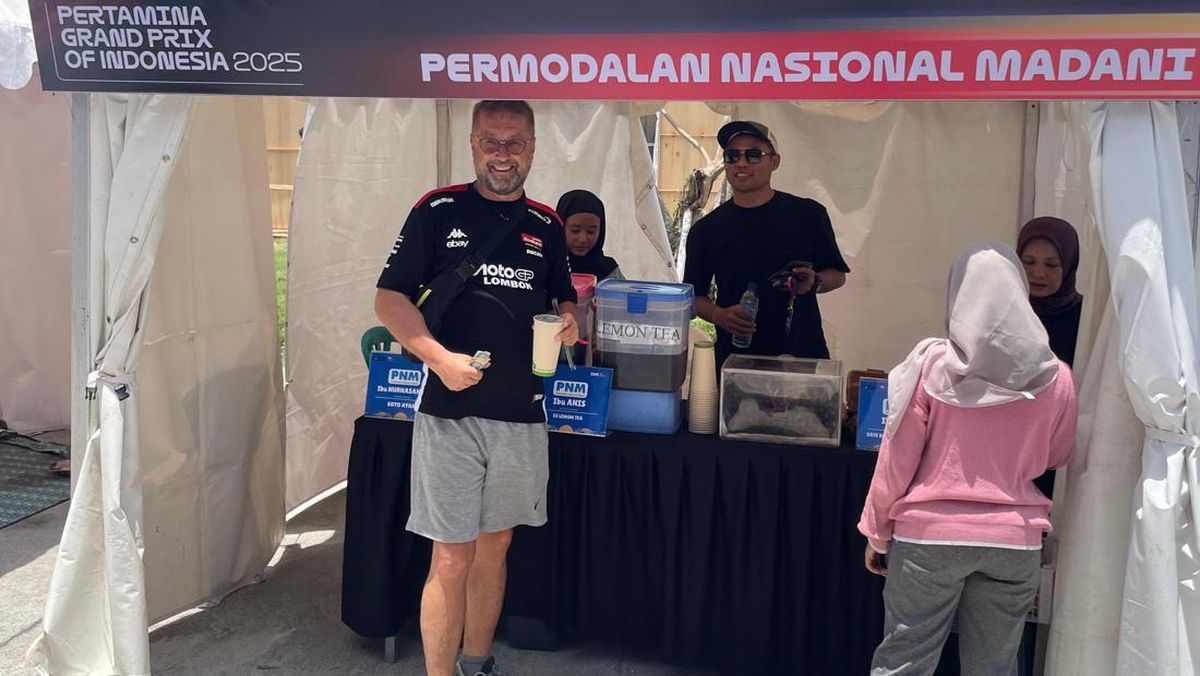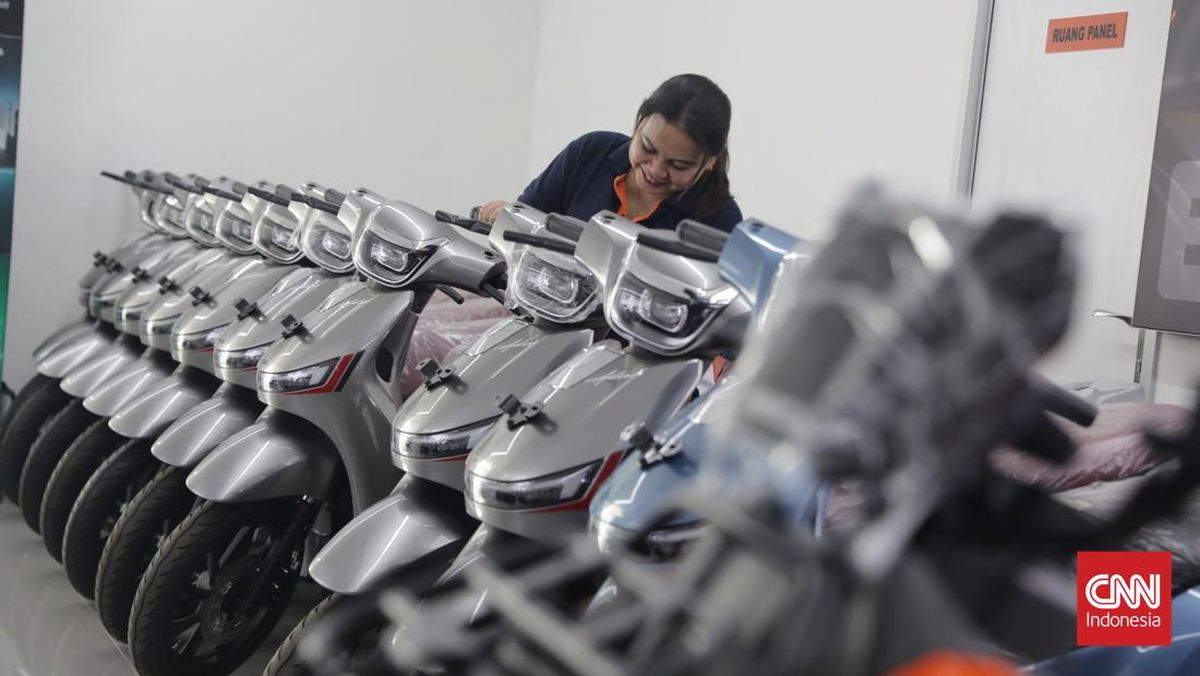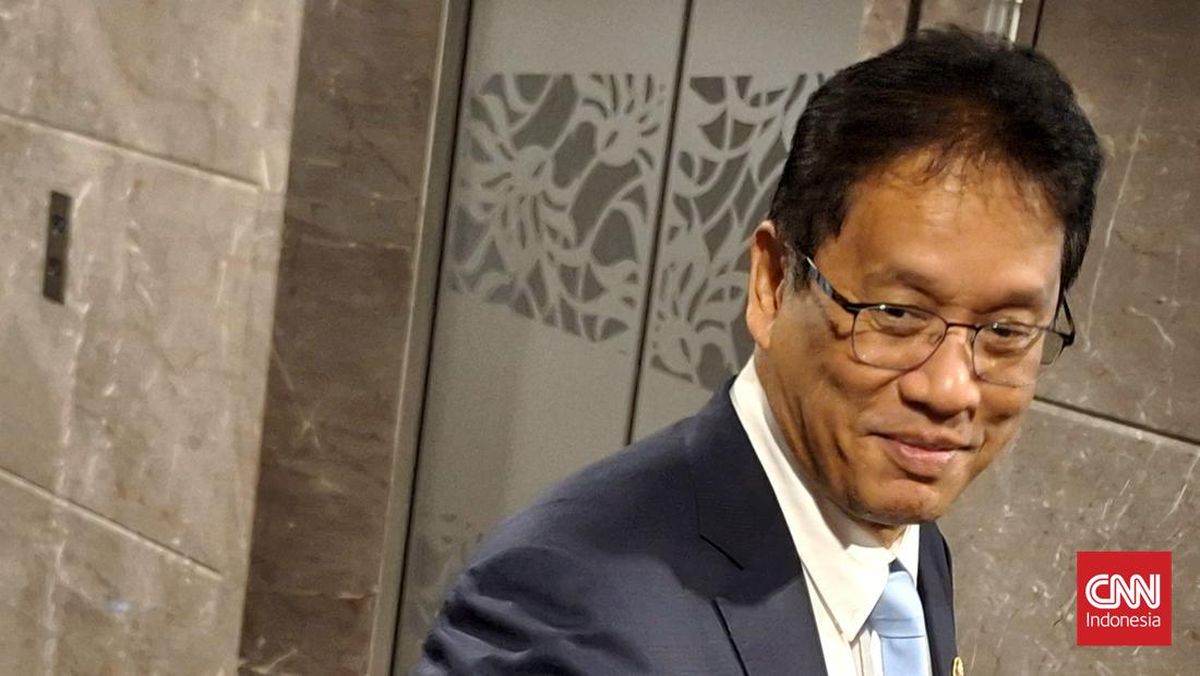A disability care director has left Australia despite claims his company owes more than $6.4 million to the tax office, employees and other creditors, while facing allegations from a liquidator of insolvent trading and funnelling money into offshore property and luxury assets.
A preliminary liquidator report from last month, which is subject to further investigations, alleges Adachi Disability Services directors Adrian Tafari Mtungwazi, 53, and wife Chiedza Mtungwazi, 45, misused company funds, drawing more than $2 million in “director loans”, buying a Ferrari, and a shopping centre and football club in Zimbabwe.
In the report, Pitcher Partners liquidator Andrew Yeo told creditors Mr Mtungwazi left Australia in May citing “family reasons”, and has not communicated directly with liquidators since.
His wife remains in Perth, with a Pitcher Partners spokesperson confirming she was “cooperating fully” with the ongoing investigation.
If the claims of insolvent trading are prosecuted and proven, the directors face hefty fines and potentially criminal charges that carry up to five years jail time. No charges have been laid to date.
According to the Australian Securities and Investments Commission, directors are not prevented from leaving Australia while their company is in liquidation, as long as they continue cooperating with investigators.

Adrian Mtungwazi left Australia after his business became insolvent.
An Australian Taxation Office spokesperson said in certain cases, directors could be issued an order preventing them leaving the country if they had significant debts, but would not confirm whether such an order was placed on Mr Mtungwazi.
“Where specific circumstances are met, such as where there is a high risk of non-payment and alternate recovery options are limited, we may issue (these orders) to ensure taxpayers do not leave Australia without paying or making appropriate arrangements to pay outstanding debts,” the spokesperson said.
“The ATO is unable to comment [on Mr Mtungwazi] due to taxpayer confidentiality laws, and it would not be appropriate to comment on matters before the courts.”

Adachi was recognised by the Zimbabwe Association of WA. Credit: Linkedin
Separately, earlier this month, the Deputy Commissioner of Taxation escalated matters by personally suing Mr Mtungwazi, filing a writ with the WA Supreme Court seeking to recover what it claimed was more than $3 million in Adachi’s unpaid tax and superannuation debts.
Attempts by this masthead to contact Mr Mtungwazi for comment has not been successful.
Ms Mtungwazi has not provided a response for publication.
Living large while debts pile up
The couple established Adachi Disability Services in Perth in 2019 as a registered provider under the National Disability Insurance Scheme.
The organisation offered daily living assistance and services and, at its peak, employed about 300 staff, supporting 40 clients and operating from offices in Cannington, Gosnells and Maddington.
In 2021, Mr Mtungwazi was recognised by the Zimbabwe Association of WA with an “Innovation and Entrepreneurship Award”. On LinkedIn, a peer described him as “an inspiration to many migrants ... a proven visionary”.
While Adachi was unravelling, Mr Mtungwazi was projecting wealth. A video posted to social media two years ago shows Mr Mtungwazi standing in front of five sports cars, boasting about how many he owns.
“These cars are worth a million dollars US,” he tells the person filming.
“I’ve got another 40 cars … there’s five here. But it’s hard work. You got to live life. You gotta do what you gotta do.”
Behind the rapid expansion and image of success, Yeo’s liquidation report claimed Adachi was drowning in debt and mismanagement.
The report said the company began facing regulatory issues in 2021, including “audits and compliance concerns related to the mismanagement of client complaints”.
Yeo said it was in his opinion that by August 2022, the company was insolvent, at which time it already owed about $4 million to the tax office, and it appeared to continue to accumulate millions in further debt.
In February 2024, the NDIS banned Adachi from providing care.

Adachi won an award in 2024 despite owing millions in debt.
But a month later, the company was named “Best Family-Run Care & Disability Services Company in Western Australia” in the Asia Pacific Accreditation Cooperation’s Australian Enterprise awards.
APAC is an international organisation that helps countries in the Asia-Pacific trust each other’s certificates, so businesses don’t have to repeat tests in other countries.
Yeo also alleged in his report the directors established new ventures under different names, including New Seasons Health Care Services and Daily Living Disability Services in Traralgon, Victoria – both in April, 2024 – in what he described as an attempt to keep “new businesses separated from the company”.
The liquidator report states the directors had agreed to a payment plan with the ATO in 2023, but made only four instalments, before the Deputy Commissioner of Taxation issued a legal demand in November 2024.
By the time Adachi was wound up in May 2025, the company owed more than $6.4 million, with the bulk of claims to the ATO, but also to staff, Revenue WA, QBE Insurance and Optus, the liquidator report noted.
More than 80 employees were owed about $450,000 in unpaid wages and superannuation.
Cash shuffled through maze of entities
The liquidator’s report detailed how Adachi allegedly used a web of related companies to shuffle money and assets.
Yeo said at the time of his appointment in May, Adachi Disability Services was owed more than $8.6 million by associated entities, including $6 million owed by Adachi Assets Pty Ltd.
“Effectively all assets utilised by the company in the conduct of its business were actually owned by Adachi Assets, even though the purchase of any assets were funded by income generated by the company,” Yeo wrote.
Among these were numerous vehicles and properties, including a Ferrari, which Yeo said was purchased “purely for the directors personal use”.
On top of this, “director loans” to Adrian and Chiedza Mtungwazi totalled more than $2.3 million, according to the report.
Ms Mtungwazi said these should be seen as salary substitutes, but Yeo said he “strongly disagreed with that reasoning”.
Yeo also found $335,000 was transferred to South Africa, the UK, Philippines and Zimbabwe, between 2022-24.
He said Adachi’s money was even used to establish a Zimbabwean football club, Adachi FC, and to purchase property in Bulawayo, including the Morningside Shops for $1.3 million. Bulawayo is listed as the birthplace for the directors on their ASIC record.
Liquidator points to potential breaches
A liquidator has the ability to investigate potential offences that may have been committed by directors and submit a report to ASIC.
If the liquidator alleges there have been breaches, ASIC can investigate and lay civil charges, or refer the case to the Commonwealth Director of Public Prosecutions, if criminal charges are warranted.
Most Viewed in National
Loading


















































